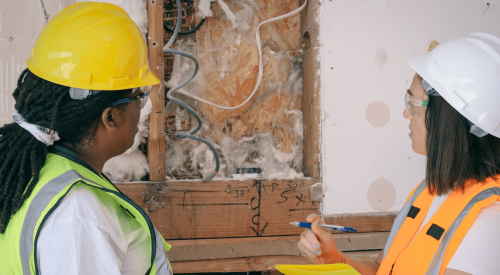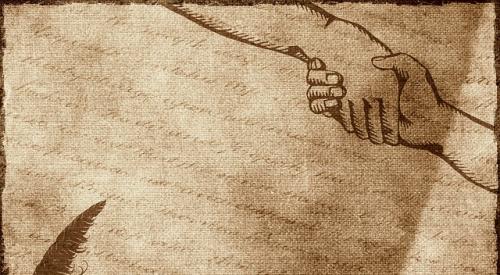After more than 20 years in the search business, my partners and I feel as if we've seen and heard it all. Here are this month's tips to help you gauge your home-building industry candidates:
- The best indicator of future performance is present and past performance. The shrinks refer to it as direct behavioral observations. We call it the Duck Theory: "If it walks like a duck ..."
- Direct observations are better than inferred ones. The fact that John describes himself as a people person is encouraging. However, if he frequently slams his co-workers and supervisors during the interview process, it's probably not true.
- "How did...?" trumps "How would...?" Hypothetical questions tell you what a candidate might do, whereas behavioral questions that focus on past actions yield what they actually did. One is fiction until proven to be fact; the other is just plain fact.
- Recency, recency, recency. Like the adage of location, location, location, the best history is recent history. What someone did five years ago is less important than what they did last year.
- Rarely is anyone as good or bad as we think they are — also known as the "divide by two or three" rule.
- Everyone has hot buttons that skew their objectivity. Recognizing the attributes you like to see in people will help maintain objectivity.
- Never make a hiring decision based on any one thing. Don't pin your hopes on an accomplishment or failure; praise or criticism; nor good or bad reference.
- If you don't know what you are looking for, how will you know when you find it? The better you define what success should look like in a position, the easier it will be to assess those abilities in others.
- The more comfortable both parties are during an interview, the more open and authentic each will be. That means no more trick questions or acting like an armchair psychologist. Let candidates feel comfortable flipping a question back to you at any time or asking one of their own.
- The interview and hiring process should be like a courtship, starting with attraction (dating), assessment (learning about each other) and acceptance (proposal). And like a marriage, it takes adaptability and alignment of expectations on both sides to make it work over the long haul.
- If a candidate needs more than 24 to 48 hours to accept/decline an offer, then something in the hiring process was not handled correctly. An effective interview process comprises more than one visit and plenty of opportunities for both sides to learn about each other. The decision should be pretty clear by the time an offer is made. Taking longer than a day or two will not make the decision any clearer or easier.
- Counter offers are short-term solutions. Case in point: an employee resigns to pursue another opportunity. The employer offers the employee a raise, bonus or promotion to entice him/her to stay, but never forgets how the employee leveraged the situation to their advantage. The relationship is never the same. It's also a poor way to go about getting a raise or promotion. Typically, the relationship sours within 12 months.
| Author Information |
| Rodney Hall is a senior partner with The Talon Group, a leading executive search firm specializing in the real-estate development and home building industries. |
PB Topical Ref












